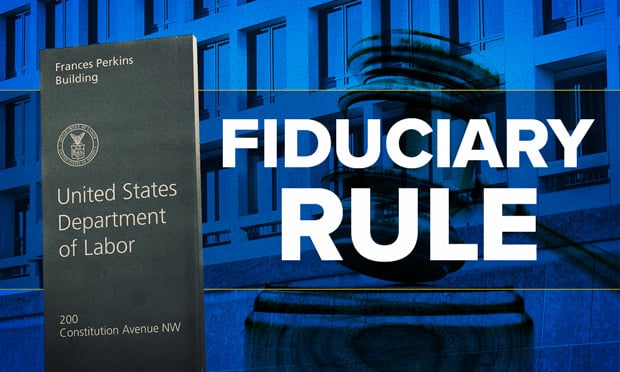The financial crisis of 2008 had an unintended consequence which was that employers stopped putting matching contributions in their employees' 401(k) accounts. According to a recent Plan Sponsor Council of America report, "Annual Survey of Profit Sharing and 401(k) Plans," 65 percent of plans that offer a match provide a fixed match, while 35 percent offered a graded match.
Arnerich Massena, Inc. released a report this month looking at the effects of matching on a plan. According to the analysis, many reports suggest that an employer match increases employee participation in a plan. Other research finds that since many plans automatically enroll participants into a plan with a match, it is hard to distinguish who is choosing to participate because of the match and who isn't.
"Ironically, some forms of employer contributions, such as maintaining a separate defined benefit plan or profit sharing contributions can be a disincentive to participation in a defined contribution plan. Employees may feel as if they are already building up enough of a nest egg through employer-provided funds and that there is thus less need to save for retirement on their own," the report said.
Complete your profile to continue reading and get FREE access to BenefitsPRO, part of your ALM digital membership.
Your access to unlimited BenefitsPRO content isn’t changing.
Once you are an ALM digital member, you’ll receive:
- Critical BenefitsPRO information including cutting edge post-reform success strategies, access to educational webcasts and videos, resources from industry leaders, and informative Newsletters.
- Exclusive discounts on ALM, BenefitsPRO magazine and BenefitsPRO.com events
- Access to other award-winning ALM websites including ThinkAdvisor.com and Law.com
Already have an account? Sign In
© 2024 ALM Global, LLC, All Rights Reserved. Request academic re-use from www.copyright.com. All other uses, submit a request to [email protected]. For more information visit Asset & Logo Licensing.








